Information for Witnesses
Fact Sheet
Committee Hearings: Information for Witnesses
Important: Please read the following notes before giving evidence.
Introduction
1. Committees are made up of members and Parliament and a committee hearing is a proceeding in Parliament. As such, you must not deliberately mislead the committee and you must respect the members of the committee and the committee’s standing orders and procedures. A witness who wilfully gives false evidence is guilty of perjury.
What happens at a hearing?
2. You will be invited to sit at the committee table by one of the committee’s staff. Once seated, the chairperson of the committee will ask you:
a. to make a statutory declaration about the truth of the evidence you will present, similar to a witness giving evidence in a court; and
b. to state your full name, a contact address and the capacity in which you appear before the committee.
3. The chairperson will generally invite you to make an opening statement to the committee. It is important that you keep your opening statement brief and confined to the key points you wish to emphasise from your submission.
4. The Committee will then ask you a series of questions that relate to your submission and the terms of reference for the inquiry more broadly. With limited exceptions (discussed below) you must answer questions you are asked.
5. The chairperson may invite you to make any final comments you consider necessary at the conclusion of your evidence.
Parliamentary Privilege
6. Parliamentary Privilege provides legal protection for what is said in Parliamentary proceedings. This is an important protection that allows individuals giving evidence to a parliamentary committee to speak with complete freedom without the fear of being sued in the courts. Parliament extends this privilege to ensure that it receives the very best information when conducting its inquiries. However, only the following reports of what is said in committee proceedings are protected outside the confines of Parliament:
a. the authorised Hansard report,
b. the report of a media reporter; or,
c. the report and evidence of the Committee (once tabled in the House).
7. It is important for you to be aware that this protection is not accorded to you, or a member of parliament, if statements that may be defamatory are repeated or referred to outside the confines of the parliamentary proceedings.
For your information
8. When appearing as a witness to a committee you should:
a. raise any procedural matter of concern to you about evidence to be given or documents produced;
b. apply for all or part of your evidence to be given confidentially (or In Camera) and for an order restricting publication of, or access to it for example if:
i it discloses any trade secret or secret process of manufacture;
ii it discloses any private matter of a personal or commercial nature unrelated to the subject matter of its enquiries; or
iii it is in any case of such a nature that the committee ought reasonably to form the view that it should be kept confidential;
c. know before you give your evidence, that if it might incriminate you or another person, you must tell the committee this before you give such evidence;
d. know of and, if desired, rebut any allegations made against you whether or not those allegations amount to criminal conduct;
e. be aware that, in some cases, a citizens’ right of reply is permitted by writing to the President of the Legislative Council if you have been identified in committee proceedings in a way that has adversely affected your reputation, your dealings or associations with others, injured your occupation, trade, office or financial credit, or has unreasonably invaded your privacy;
f. provide supplementary or new evidence where this is necessary or relevant.
Is your evidence public or private?
9. Most committee hearings are held in a public format. In other words, members of the public and the media may attend the hearings, and the proceedings may be reported and broadcast in real-time by the Parliament of Tasmania internet link. Committees may also conduct all or part of their hearings in private. If you are uncertain as to whether your hearing is public or private, ask the committee’s staff before the hearing or the chairperson of the committee before you start giving evidence. Deliberations of committees are always in private.
10. It is important that any request for the committee to not publish all or part of your written submission, or your identity, be made prior to giving evidence at a hearing. Please refer to the ‘Making a Written Submission Fact Sheet’ for further information.
11. The committee may decide that all, or part, of the hearing should be in private, particularly if the evidence adversely reflects on a third person or the matter being investigated is subject to legal proceedings. You may also make a request at the commencement or during the hearing, for your evidence to be received in private (in-camera). Generally, there would need to be exceptional reasons given to grant the request as private evidence is of limited use to the committee. The committee would then be required to deliberate on the request in order to make a decision.
12. The committee may recommend that certain evidence not be published if:
a. it discloses any trade secret or secret process of manufacture;
b. it discloses any private matter of a personal or commercial nature unrelated to the subject matter of its inquiry; or
c. the committee has resolved unanimously that the evidence should not be made public.
13. Confidential information provided in a submission or hearing cannot be used in the committee’s final report.
If you are a public servant
14. Public servants appearing before a committee in that capacity are entitled to refuse to answer questions on matters of policy beyond giving the committee an explanation of the existing policy and in these circumstances, should indicate clearly that the question would need to be directed to the relevant Minister. The committee must then direct the question/s to the responsible Minister.
Disclosure of evidence given In Camera (in private session)
15. You must not publish or disclose any evidence given to a committee unless that evidence has been reported by the Parliament. Premature publication or disclosure may constitute a contempt of the Parliament.
Transcript of your evidence
16. A transcript of your evidence will be produced and, subject to a resolution of the committee, is normally published to the inquiry webpage on the Parliament of Tasmania website. You should generally not discuss your evidence until your evidence has been reported to the Parliament.
Threats or intimidation
17. If anyone has threatened, intimidated or attempted to discourage you from giving your evidence to the committee, you should immediately inform the committee chair or the committee secretary.

